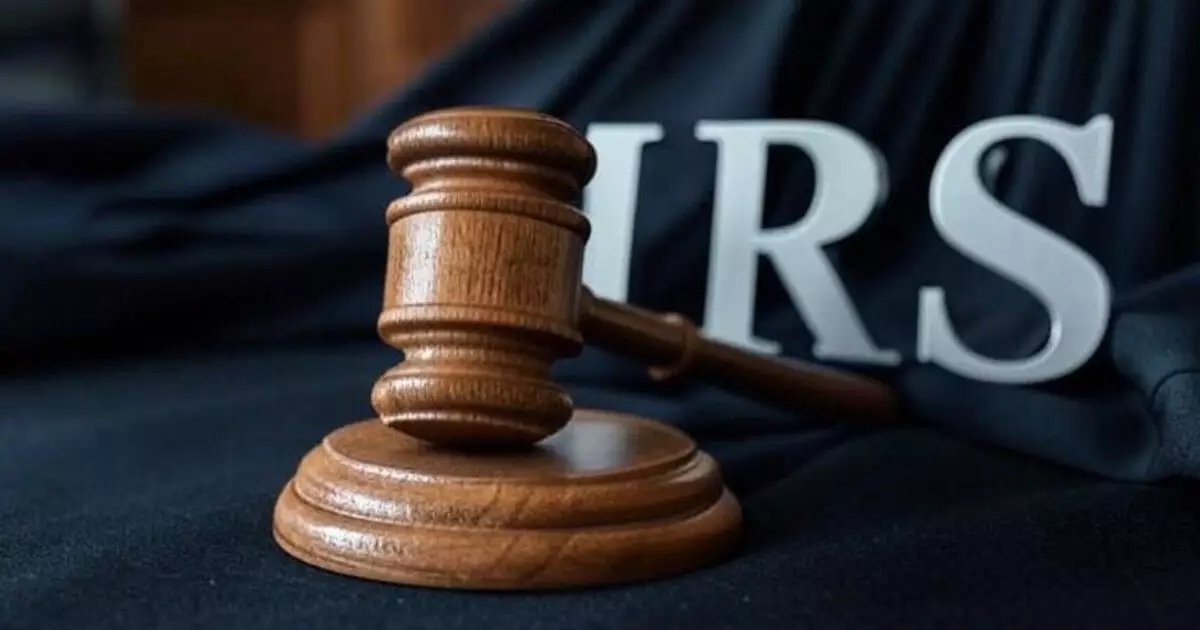The landscape of decentralized finance (DeFi) in the United States is currently embroiled in a heated debate, stemming from recent regulatory proposals introduced by the Internal Revenue Service (IRS) and the Treasury Department. A significant player in this confrontation is A16z Crypto, the cryptocurrency arm of the prominent venture capital firm Andreessen Horowitz. Their vocal criticism against these regulatory measures highlights broader concerns regarding the impact on innovation and market growth within the digital asset sector.
On December 30, Michele Korver, A16z’s head of regulation, took to social media platform X to officially declare the firm’s backing of a legal challenge spearheaded by renowned blockchain advocates, including the Blockchain Association and the DeFi Education Fund. The coalition contends that the proposed broker rules targeting digital asset service providers could stifle the burgeoning DeFi ecosystem. This assertion points to a fundamental fear that these regulations may impose an impractical framework that effectively prohibits the growth of decentralized financial products.
A16z and its allies argue that the government’s current trajectory could lead to a quasi-ban on DeFi, which would not only hinder innovation but also compromise the overall progress of the digital asset market in the United States. This sentiment was encapsulated in the DeFi Education Fund’s statement, which underscores a commitment to safeguard the sector against perceived governmental overreach.
Korver voiced particular concerns about a so-called “midnight” rule proposed by the U.S. Treasury, which she claims poses a direct threat to the path of DeFi innovation. The enormity of this claim resonates within the industry, as it suggests that such regulations may exceed statutory authority, infringe upon established procedural laws, and potentially contravene constitutional protections. This viewpoint lays the groundwork for A16z’s staunch defense of DeFi technologies and a clear indication that they are willing to mobilize all available resources—whether through legal avenues or legislative dialogue—to contest these measures.
Interestingly, the call to arms by A16z and its coalition partners also reflects a growing sense of urgency among industry stakeholders to confront the challenges posed by regulatory scrutiny. By prioritizing action in both the courts and Congress, A16z Crypto aims to ensure that the voices of innovators in the DeFi space are neither silenced nor ignored.
Industry Response and Broader Concerns
The reaction to A16z’s assertions has reverberated throughout the crypto ecosystem, with influential figures like Uniswap founder Hayden Adams voicing strong opposition to the regulatory framework. His remarks resonate with the broader community’s view that these rules could represent an intentional effort to obstruct DeFi advancements, particularly in the closing weeks of the present administration.
As the political and regulatory environment continues to evolve, the backlash against the IRS and Treasury’s proposed regulations is emblematic of a larger struggle faced by digital asset proponents. The fight not only focuses on immediate legal outcomes but also echoes a profound desire to establish a lasting framework that supports innovation, inclusivity, and consumer-driven financial solutions.
The clash between A16z Crypto and U.S. regulatory agencies underscores the complexities and challenges inherent in the rapidly evolving DeFi space. With significant financial and legal ramifications at stake, the outcome of the ongoing legal battle will undoubtedly shape the future of decentralized finance across the nation. As stakeholders mobilize to safeguard their interests, the tension between regulatory oversight and innovation will continue to be a focal point of discussion in the digital asset realm. The situation serves as both a litmus test for governmental regulations and a pivotal moment for the future of financial technology in America.

